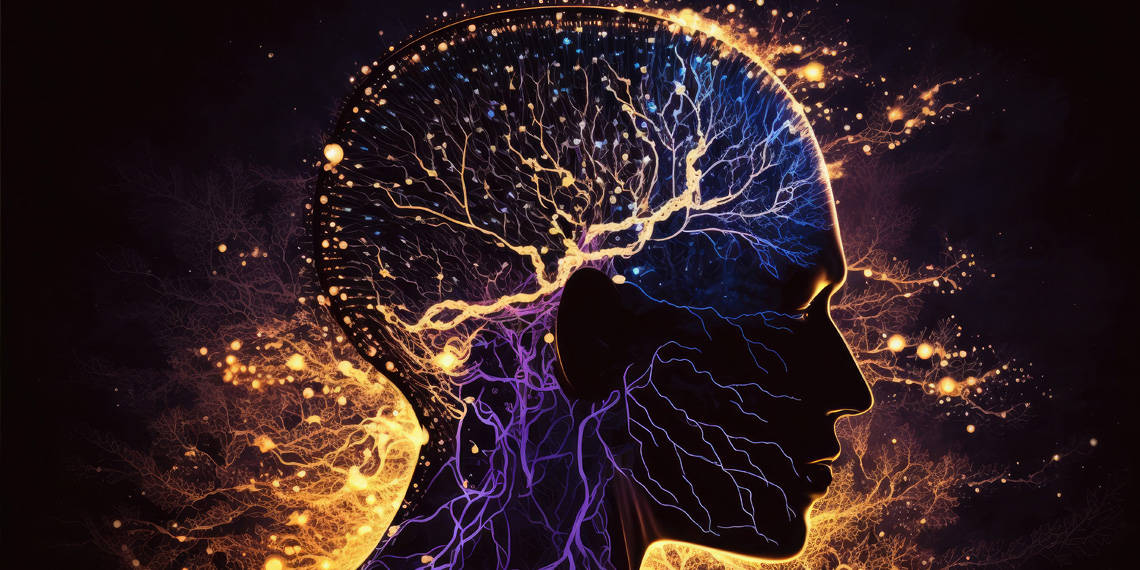An innovative investigation into the effects of stress on memory has found that individuals have a better recollection of individual experiences during periods of stress compared to non-stressful situations. However, their ability to remember the chronological order of events experienced during stress was subpar compared to those remembered in non-stressful circumstances. This research was recently published in eNeuro.
Stress encompasses both physiological and psychological reactions to difficult or threatening circumstances, known as stressors. These stressors demand adaptation or change from the individual. Stress triggers the body’s response system, leading to the release of hormones like cortisol and adrenaline, which prepare the body for a “fight or flight” response. Stressors can arise externally, such as from work pressures or life events, or internally, like self-imposed expectations or health concerns.
In addition to physiological changes, stress also impacts memory in various ways. Memories formed under stressful conditions are often extremely vivid and subject to involuntary recall, yet they seem to be fragmented and disjointed. These memory alterations are associated with stress-induced noradrenaline and glucocorticoids’ effects on the brain’s prefrontal and medial temporal lobe areas.
The authors of the new study sought to understand how stress influences memory formation. Lars Schwabe, the Head of Cognitive Psychology at the University of Hamburg, and study author, stated that acute stress might enhance memory for individual elements of a stressful episode while diminishing connections between these elements.
The researchers hypothesized that stress could promote memory formation that improves recall of individual events but hinders the processing of associations between them. To investigate the brain mechanisms underlying these effects, the authors used functional near-infrared spectroscopy, focusing on the dorsolateral prefrontal cortex (dlPFC) and the inferior temporal gyrus (ITG).
The study involved 126 healthy volunteers between the ages of 18 and 35, each of whom received 40 EUR for their participation. The participants were randomly divided into two groups: one underwent a stress-inducing procedure, while the other acted as a control group.
The study spanned two days. On the first day, participants completed assessments for depression and anxiety symptoms, as well as for chronic stress, and provided subjective stress ratings and saliva samples for cortisol measurement. The researchers then affixed electrodes to the participants’ lower legs, adjusting the electric shock intensity before removing the electrodes.
During the experiment, researchers showed participants a series of pictures and employed functional near-infrared spectroscopy to record cortical activation in the participants’ brains and monitor various physiological parameters. On the second day, participants repeated assessments and completed a sequence probing test. The results confirmed that electric shocks effectively induced stress, with the stress group remembering pictures from the block during which they received shocks significantly better than those from the initial block without shocks.
In conclusion, the study provides insight into changes in memory functioning under stress. However, it is important to note that the stressor used in the study was very mild and of short duration. The authors recommended further studies using fMRI to investigate the entire brain’s activity in order to learn more about the mechanisms involved.
The paper, entitled “Strong but Fragmented Memory of a Stressful Episode,” was authored by Anna-Maria Grob, Denise Ehlers, and Lars Schwabe. Visit this link to access the full study: eNeuro.


